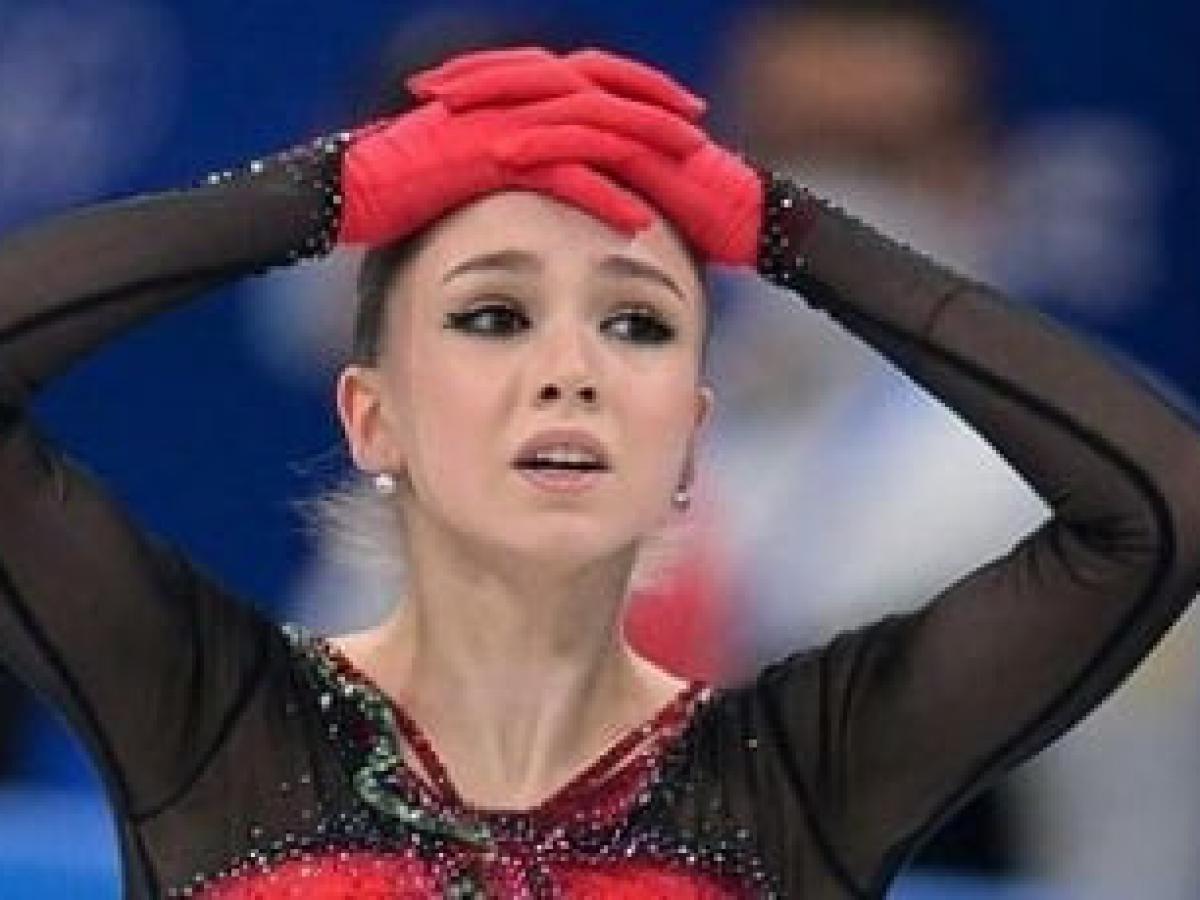
WADA wants to bury Kamila Valieva alive and punish her coach

The World Anti-Doping Agency (WADA) has announced its stance on the case of Russian figure skater Kamila Valieva. The text is available on the website of the agency.
WADA believes that the decision of the Court of Arbitration for Sport (CAS), which allowed 15-year-old Valiyeva to participate in the individual tournament at the Beijing Olympics, was made contrary to the Code of the agency. This will have consequences and may lead to the recurrence of similar cases in the future, WADA said.
The WADA statement stressed out that CAS had rewritten the Code of the agency, when it decided to allow Valieva to participate in the individual tournament.
"This re-writing of the Code, which would apparently allow ‘protected persons’ to continue competing after testing positive for non-specified substances without any clarification of the circumstances, risks undermining the integrity of sporting competition and the confidence of athletes that they are competing on a level playing field," the text of the statement runs.
In addition, WADA pointed out the role of the Russian Anti-Doping Agency (RUSADA) in Valieva's case. RUSADA, according to WADA, is responsible for the effective communication with the laboratory to ensure timely analysis of doping samples. The Russian agency did not notify the laboratory in Stockholm both of the special status of Valieva's doping sample and the need for urgent research.
IOC chief speaks on Kamila Valieva scandal
On February 18, Thomas Bach, President of the International Olympic Committee (IOC), answered questions about Kamila Valieva's case. The head of the IOC noted that the organisation did not want to see the Russian athlete among the participants of the Winter Games. However, the IOC accepted the decision of CAS with respect.
"If we don't respect the law, there will be no international sport," Bach added.
Thomas Bach also said that he was concerned about Valieva's wellbeing.
"When I afterwards saw how she was received by her closest entourage with what appeared to be a tremendous coldness, it was chilling to see this, rather than giving her comfort, rather than to try to help her," Bach said.
The IOC demanded further investigation into the circumstances of the scandal with Valieva, Bach added. According to him, the team of the Russian athlete, including her coach, Eteri Tutberidze, may face sanctions.
On February 17, CAS published the text of the reasoned decision in the case of the Russian 15-year-old figure skater. The court confirmed that the prohibited drug could find itself in the athlete's body through a product that her grandfather had used. The microdose of trimetazidine did not improve Kamila Valieva's performance, CAS said.
After she failed her routine at the Olympics and was placed fourth, Kamila Valieva told her coach:
"On the bright side, they will not cancel the ceremony now."
Valieva was in the lead after the short program, but failed to hold on to the first place and eventually dropped to fourth with 224.09 points.
Thomas Bach commented on the performance of the 15-year-old Russian athlete and said that he was upset with the result. Valieva performed her routine under enormous pressure, he said.
Seventeen-year-old Anna Shcherbakova of the Russian Olympic Committee took gold in the individual figure skating tournament.
Alexandra Trusova took silver, but she was deeply dissatisfied with her achievement.
Shcherbakova, Trusova and Valieva train under the guidance of their coach Eteri Tutberidze.